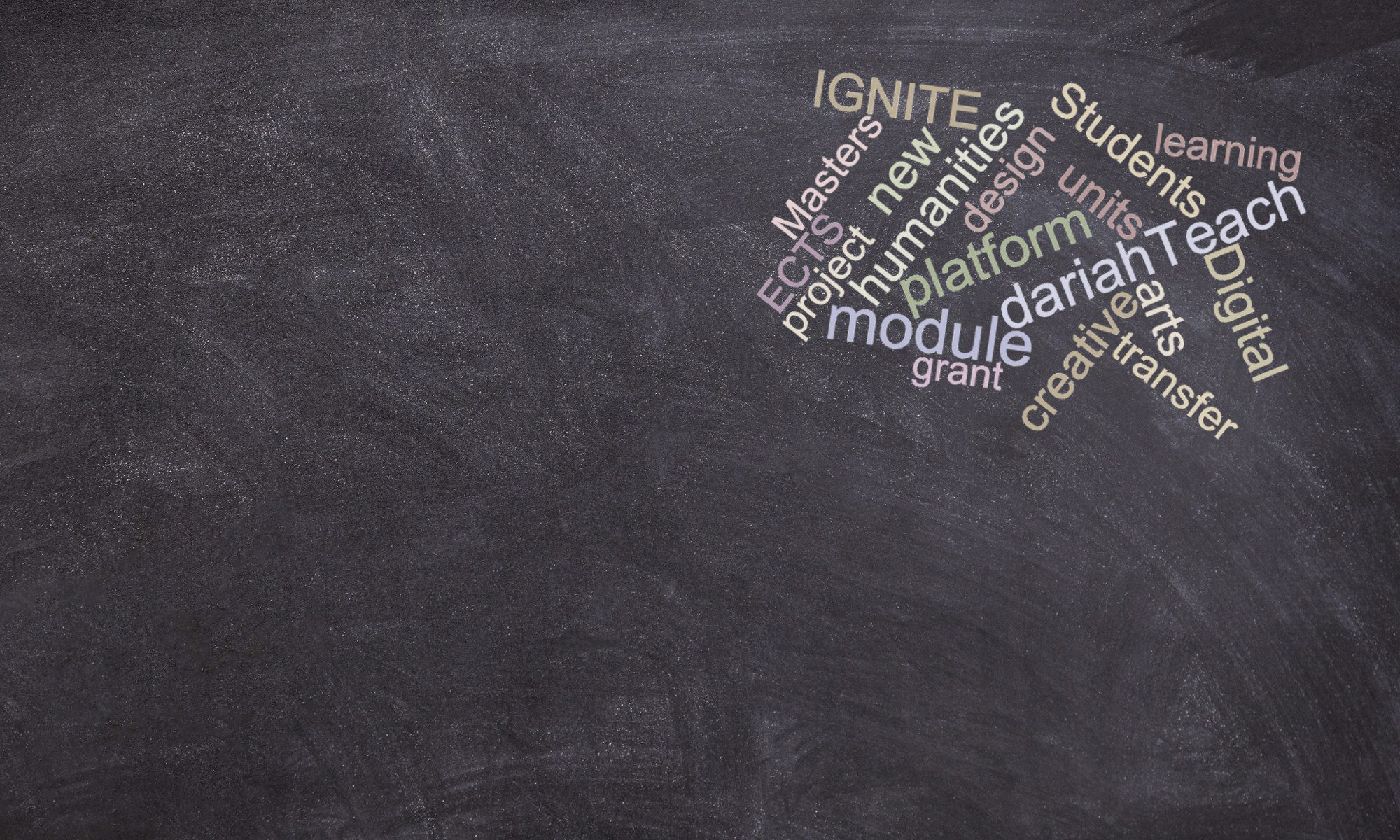Expected release date: February 2020
Objectives
This interdisciplinary and process-oriented unit revolves around digital games, digital gameplay, and digital game design. The unit builds on an interdisciplinary approach, addressing media studies, information studies, digital design, didactic design, interaction design, aesthetics, experience economy, and rhetoric.
The aim of the unit is to gain insight into, critically reflect on, and productively put to use knowledge and competences within an interdisciplinary environment in the development of digital games: from simulations, to educational and serious games. Design element of games will be discussed within an interdisciplinary environment that will strengthen the student’s capacity for problem solving, in a generative way. It will explore digital games as phenomenon, as practice and as design. In this way, the acquired theoretical, analytical, methodological, and product-oriented skills and competencies are put into play and put to use within an interdisciplinary working group setting (for the case studies and scenarios) and for the individual student.
The unit consists of equal amounts of taught components (theory about & analysis of digital games) and case studies and scenarios (development & presentation of conceptual products in relation to digital games) that come together through reciprocal theoretical-practical ‘learning by doing’.
Learning Outcomes
After completing this unit, the learner will be able to:
- Develop a theoretical, analytical, and methodological appreciation of digital game theory;
- Employ practice-oriented, hands-on, conceptualizing approach towards digital games as a designed object, aesthetic expression, interaction form, user experience and cultural product;
- Demonstrate fundamental theoretical, analytical, methodological and conceptualizing competences in the treatment of digital games;
- Convey and present knowledge as products (e.g. written assignments, oral presentations, production of ‘design-concepts’ or ‘proof-of-concept’);
- Analyse, explain and critically reflect on a chosen digital game through the use of theory and empirical knowledge;
- Evaluate and critically discuss a problematic subject matter within the chosen digital game through putting forward relevant focal points in order to propose a solution to the problem in the form of a ‘proof-of-concept’;
- Analyse and qualify the ‘proof-of-concept’ through applying theory, building an analysis model, and carrying out an analysis of the produced concept;
- Refine and critically evaluate the produced ‘proof-of-concept’ through techniques such as workshops, user tests, heuristics, qualitative methods or other tools;
- Present the result of refined product to peers.
Teaching Methods/Technologies:
The unit alternates between lectures, theoretical, analytical and methodological workshops, student presentations, project processes in groups, fieldwork, group challenges, and problem-based learning.
The unit is designed as a stepwise process where the student moves from:
- theory about and analysis of digital games;
- to analysis and conceptual design of the elements of digital games;
- to theory about and analysis of the conceptual product;
- to production of and critical reflection on the conceptual product;
In this way, the course alternates between equal amounts of theory and practice.


